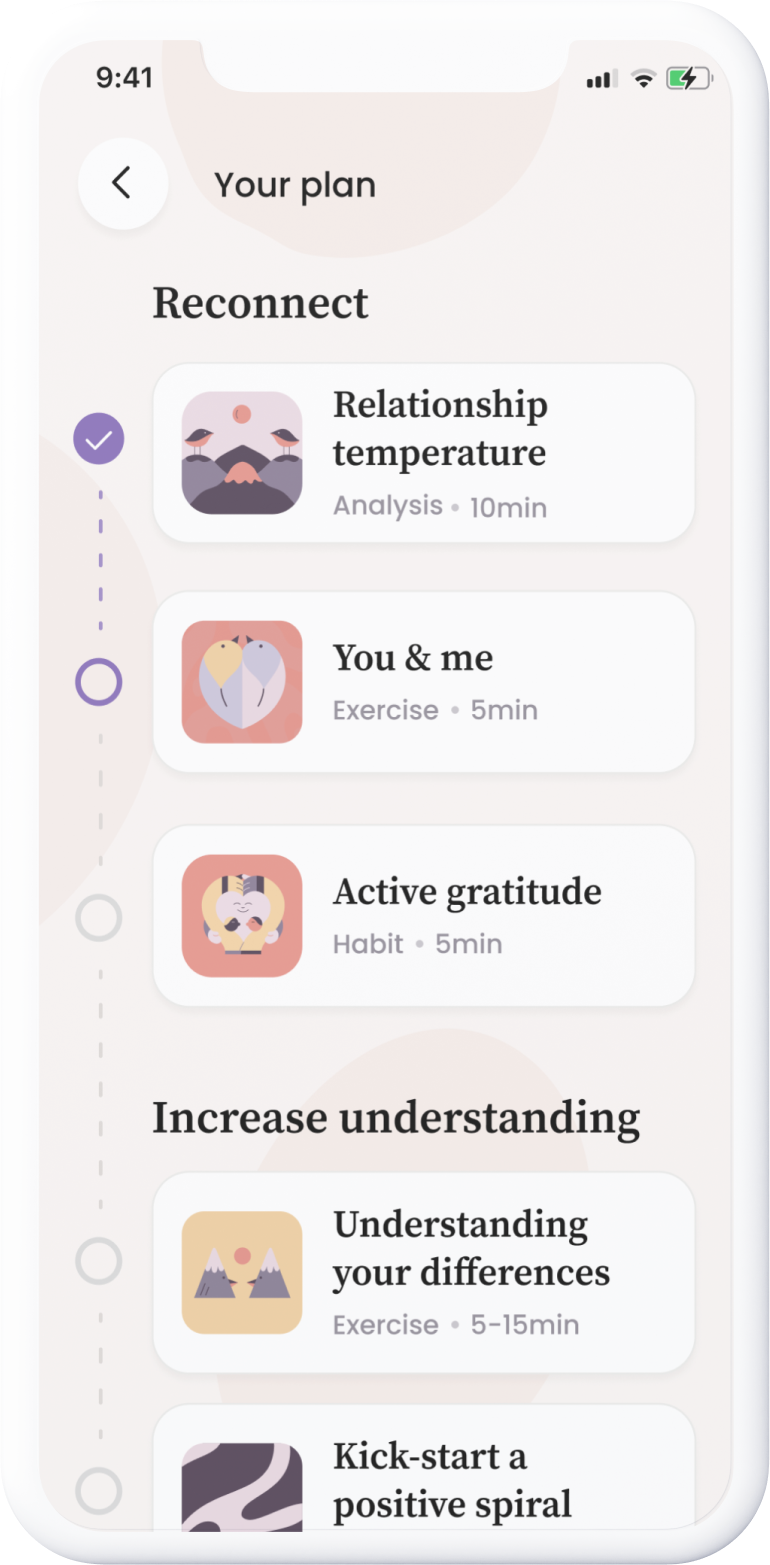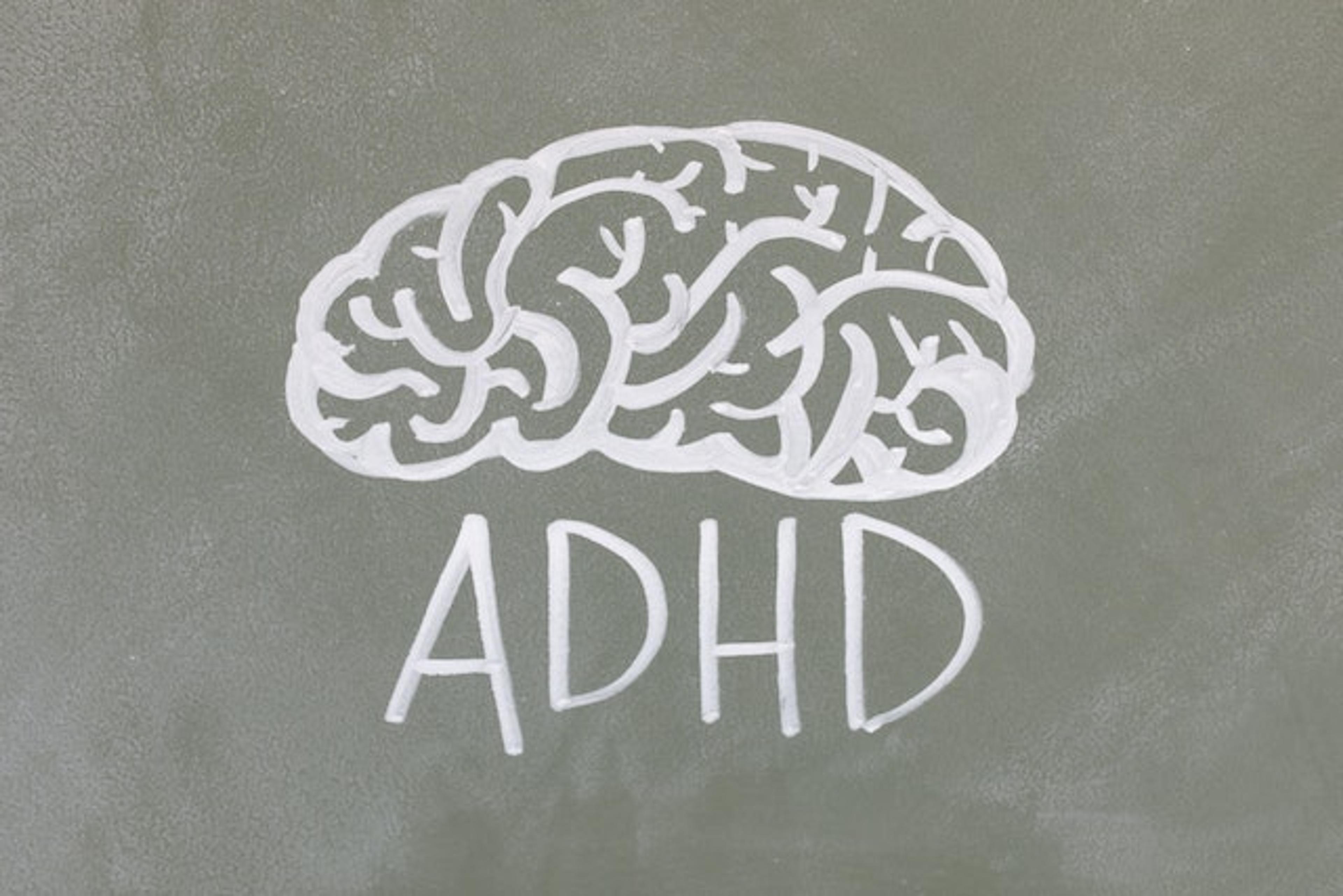Navigating Rejection Sensitive Dysphoria
How RSD symptoms impacts romantic relationships- 1 September 2023
- 6min

Rejection Sensitive Dysphoria (RSD) has gained significant attention in recent years as a term used to describe an intense emotional response to perceived or real criticism or rejection. While this concept has provided solace to many who struggle with overwhelming emotional reactions, it's important to also critically examine its implications and potential drawbacks.
Emotions and behaviors associated with Rejection Sensitive Dysphoria can have a significant impact on various aspects of an individual's life, including their romantic relationships.
What is Rejection Sensitive Dysphoria?
Rejection Sensitive Dysphoria is a term that originated within the ADHD community to describe the heightened emotional sensitivity that some individuals with ADHD experience in response to perceived rejection, criticism, or failure. Those who identify with RSD describe feeling an intense rush of negative emotions such as shame, humiliation, sadness, and anxiety in response to situations that trigger their sensitivities.
However, it's important to note that RSD is not officially recognized as a diagnosis in the Diagnostic and Statistical Manual of Mental Disorders (DSM-5) or other widely accepted diagnostic systems.
One of the benefits of the concept of RSD is that it provides a label and framework for individuals to understand their emotional experiences. It validates their feelings and helps them realize they are not alone in their struggles. Additionally, recognizing RSD can lead to more effective coping strategies and communication skills to navigate these emotions. But there are also critics against the concept.
Critics against the concept of RSD
While the concept of Rejection Sensitive Dysphoria has been embraced by many, it also raises concerns. Critics argue that labeling intense emotional responses as a "dysphoria" may pathologize normal human emotions. The spectrum of emotional sensitivity is vast and can vary greatly from person to person, making it challenging to draw a clear line between what is a reasonable response and what falls into the realm of RSD.
Furthermore, by creating a medicalized term for intense emotional reactions, there's a risk of overlooking the complexity of individual experiences and potentially overlooking other underlying factors contributing to these emotions. This labeling may inadvertently limit the exploration of other emotional triggers or personal growth opportunities.
As with any psychological concept, it's crucial to strike a balance between acknowledging the validity of individual experiences and being cautious about overpathologizing normal emotions.
Experiencing intense emotions and struggling to regulate them is associated with ADHD, but receives less emphasis during the ADHD assessment since it is not part of the diagnostic criteria. Therefore, the concept of RSD might be helpful for individuals who may have been diagnosed with ADHD but feel that they haven't received an explanation for their emotional difficulties. Perhaps the need for a separate term would decrease if we instead started discussing this aspect of living with ADHD more.
Further in this blog post, we will refer to the symtoms as “increased emotional sensitivity” rather than the concept of RSD.
How emotional sensitivity (RSD symptoms) impacts romantic relationships
Symptoms associated with Rejection Sensitive Dysphoria can magnify emotional responses, particularly in situations that involve vulnerability and emotional investment, making romantic relationships a prime arena for its influence. Individuals who experience RSD-associated symptoms might find themselves constantly seeking reassurance, fearing rejection, or interpreting ambiguous cues as signs of imminent abandonment.
Communication is an important part of a healthy relationship. For individuals grappling with RSD, communicating their feelings and concerns becomes a complex task. Fear of rejection can deter them from expressing their emotions, causing misunderstandings and potentially damaging the relationship. On the other hand, a partner's honest feedback, even if intended constructively, can trigger intense emotional reactions.
Strategies for navigating increased emotional sensitivity
Self-Awareness
Recognizing your own emotional responses is the first step. Knowing triggers and patterns can help individuals differentiate between genuine relationship concerns and exaggerated reactions.
Effective Communication
Openly discussing your emotional reactions with a partner can foster understanding. Sharing personal experiences (“this is how it feels like for me when..”) and explaining the nature of intense reactions can help create an environment of empathy and support.
Emotion Regulation
Developing emotional regulation techniques can help individuals manage intense emotional surges and prevent them from escalating into relationship conflicts.
Increased emotional sensitivity poses challenges in romantic relationships, but with awareness, communication, and empathy, it's possible to navigate these challenges effectively.
Individuals with strong emotional reactions can learn to manage their emotional responses, while partners can contribute to a supportive environment that fosters growth, trust, and a deeper connection.
Ultimately, by working together to understand and address how it turns out for your specific relationship, couples can create healthier, more resilient relationships.








